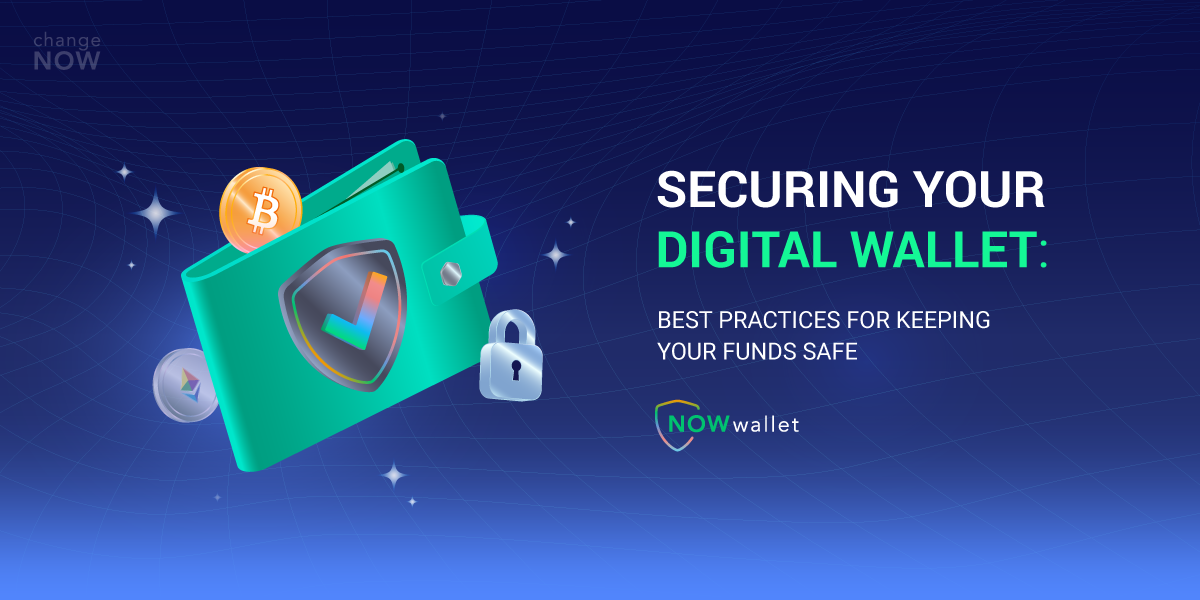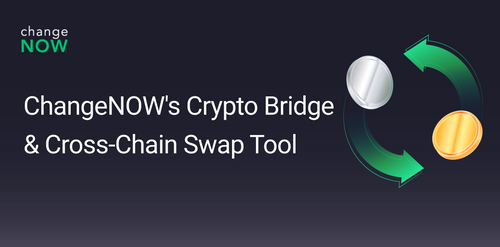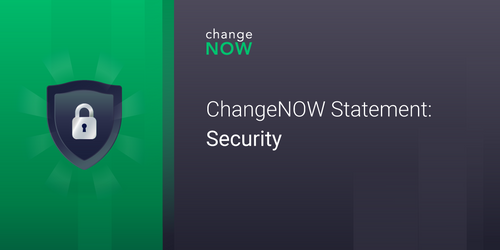Securing Your Digital Wallet: Best Practices for Keeping Your Funds Safe
According to the Chainalysis report, Cryptocurrency hacks worth $3.8 billion were identified last year. Although many still believe that managing your money on paper is the most secure approach, this is no longer true. If you practice proper cyber safety and digital hygiene, your funds and data are safer with a digital-first strategy.

Safeguarding Your Funds: Best Practices to Follow
Some practices for securing your digital funds are mentioned below.
Use a Strong Password
Use a passcode to secure your digital wallet at all times. The password for your phone should not be the same as this sequence of numbers. It will be great if your digital wallet app enables you to secure the account using fingerprint scanning or recognition of your face.
Also, do not use a similar password for websites like Facebook or email. The likelihood of unauthorized access rises as a result.
Avoid Clicking Anonymous Links
Don't open the link if the email's sender is someone you don't know or if the email otherwise seems suspect. One of the main ways scammers access a system is by having people click on malicious links in junk mail or phishing email messages. With no warning, your login details and passwords could suddenly get stolen due to following malicious links.
Employ Multi-Factor Authentication
When connecting to your digital wallet, multi-factor authentication can add reliable verification. Regardless of whether a hacker knows your digital banking password, it is impossible for them to access your bank account.
Use Antivirus Software
Your devices are protected from most risks by antivirus software. Antivirus software works by identifying, containing, or destroying dangerous code. Screening all data that access your system is done by antivirus programs. All of these data files are placed through a scan to look for any unusual behaviors or maliciousness.
It's better to install best antivirus programs for complete security, including system defense and response, safeguards against malware and possibly undesirable programs, and more.
Review Your Bank Records
It is advised to review the records of your digital bank account every month. You can identify any inaccuracies or possible scams by reviewing your debit card and banking records every month. Monitoring your bank account activity also aids in smarter budget planning and expense management.
Verify Before Installing Financial Apps
Before installing, perform some research on the digital banking application. Use the official Android or Apple store to install your digital application. Although the majority of the programs available in official stores are authentic, it is always advisable to double-check for errors like misspellings, unprofessional app details, and unclear logos.
To prevent any inconvenience, you should always use secure digital wallets. Digital wallets like NOW Wallet provide control over your funds and ensure privacy. It is a mobile application designed for crypto users seeking a simple, trustworthy, and user-friendly way to manage their digital assets.
Reduce Your Online Footprint
It would be best if you primarily lessen your digital footprint to maintain the security of online banking data. The amount of time people and businesses expose their identities, and financial data should be limited. Consumers should turn on two-factor security and input one-time debit card numbers whenever possible for online purchases and financial accounts.
Review the Transactional List
If you notice transactions or transfers you didn't authorize from your accounts, an outsider may have accessed your money. Inform your bank or debit card company right once about these shady transactions.
Install Applications for Safety
The digital age is a fascinating opportunity to take advantage of technology's perks, but maintaining vigilant behavior is vital for maintaining your finances. Consider registering for identity tracking services if you want more security or if you've misplaced your wallet.
Download phone safety apps that allow you to lock and track your device in case it becomes lost or robbed. With these applications, you can even delete private and confidential financial and private data saved on your cell phone.
Secure Your Login Details
Protecting your login information is necessary to safeguard your digital wallet. In a secure file, keep the login details. You can increase the protection of your digital wallets if getting hold of your login information is tough.
Avoid Using Unsecured Wi-Fi Networks
The use of digital payment services via unprotected Wi-Fi networks should be avoided. A hacker may gain access to an unprotected wireless connection due to a lack of protection, enabling them to invade the system with malware and viruses.
Update Your Digital Wallet
You should nearly always upgrade your digital wallet immediately when you receive a notification on your smartphone or computer informing you that the latest version is ready. Updates may modify the battery's life or add new improvements, and they also frequently repair bugs and increase privacy. That also applies to any applications or programs you download on your devices.
One malicious software on your device is all it takes for a thief to monitor the contents of your screen, record your credentials, and access your bank accounts. Set updates automatically when possible and quickly install all the latest safety updates to add further protection.
Conclusion
Digital wallets give you security and financial management options. All of your data is available from different devices and is in a single place, making a digital wallet convenient. However, constant use of this technology is also accompanied by some hazards. Choosing the right digital wallet application to protect your data is essential if you want to use this cutting-edge technology.
You may reduce the dangers by taking preventative measures and safeguarding your online banking details. You'll be in the most effective position to protect your digital identity if you use safe passwords, follow recommended practices, and avoid spam emails.



